
10 Effective Tips for Child Health

Child health depends on various factors such as a child's diet, sleep patterns, hygiene, physical activities, fluid needs, mood, and family and social relationships. It is not easy for children to keep track of all these parameters. Parents who want to raise a healthy child should pay attention to the following points.
Recommendations for Child Health
- 1. Minimum sugar intake
Children who get more than 10% of their daily calories from added sugars may develop high cholesterol and other health issues, and long-term oral and dental health problems may arise.
Try to keep your child away from foods high in sugar. Instead, focus on introducing healthy alternatives like fruits and vegetables, or homemade cookies.
- 2. More vegetables and fruits
Many children tend to avoid eating vegetables and fruits, especially vegetables. Since vegetables and fruits are rich in vitamins, minerals, and fibers necessary for organ health and the immune system, it is important to encourage children to consume adequate amounts of them throughout the day. You can try different methods to achieve this. For example, you can keep a bowl of seasonal fruits on the dining table at all times. This can attract your child's attention when they are hungry and encourage them to reach for the easily accessible fruit bowl instead of junk food. Adding grated vegetables to meatballs and sandwiches, and serving vegetable dips with every meal or snack can also be effective.
- 3. Balanced diet
A child needs a sufficient and balanced diet in terms of protein, vitamins, minerals, carbohydrates, and fatty acids for healthy growth.
There are fundamentally 5 food groups: dairy products, vegetables, fruits, protein foods, and grains. It is beneficial to try to include a portion of each of these 5 groups in every meal.
Preferably, half of a meal should consist of fruits and vegetables, and about half of the child's daily grain intake should come from whole grains. Low-fat yogurt or milk can be served with meals.
Protein-rich foods such as eggs, meat, legumes, seeds, and nuts can be offered in rotation.
You should teach your child to chew their food properly. This helps them digest well and allows them to feel full more gradually, reducing the risk of overeating.
- 4. Drink plenty of water
Water, which constitutes a significant part of our body, performs various biological functions such as lubricating joints, protecting sensitive tissues like the spinal cord, and eliminating harmful waste products. Drinking enough water helps keep the body hydrated, aids in regulating body temperature, and reduces the risk of health issues such as kidney stones and constipation. Many experts recommend that children over the age of 8 drink close to 2 liters of water a day. This amount may vary depending on the temperature and physical activity level.
It is important to teach your child to reach for water instead of another beverage when they are thirsty.

- 5. Be cautious with ready-to-drink beverages!
A point to consider for child health is the consumption of ready-to-drink beverages. Fruit juices, sodas, and many ready-to-drink beverages can contain amounts of sugar and harmful compounds that may negatively affect overall health.
Encourage your child to consume healthier drinks like homemade lemonade, coconut water, and low-fat cow's milk. Additionally, it would be beneficial to instill the habit of eating whole fruits instead of drinking fruit juice.
- 6. Do not insist on the "clean your plate" rule
Many of us have been subjected to the rule of finishing the plate placed in front of us during childhood, and we may tend to reflect this onto our children. However, experts do not recommend this.
Children generally eat according to their feelings of hunger and fullness. Forcing them to finish their plate can lead to overeating. Additionally, rewarding an entirely empty plate with sweets and similar appealing foods can lead to unhealthy eating habits.
- 7. Getting enough sleep is important
You should ensure that your child gets enough sleep every night. This is very important for their mental and physical healthy growth. Children aged 6 to 12 need 9 to 12 hours of sleep, while teenagers aged 13 to 18 need 8 to 10 hours.
It would be good to establish a routine of turning off the lights at a certain time every night for children at home. For children who have difficulty falling asleep, a nighttime routine such as reading a book or listening to music for a certain period can be arranged.

- 8. Hygiene
Properly applying hygiene rules helps protect the body from germs that cause diseases. You should teach your child what to do when sneezing or coughing, not to share personal items with others, and other healthy hygiene habits.
Washing hands at the right times and correctly is a basic and important hygiene rule that can help protect against many diseases, including Covid-19. You must educate your child about what they need to do regarding this both at home and outside.
- 9. Encourage your child to exercise
Experts strongly recommend limiting the time children spend in front of screens to a few hours. You should encourage your child to engage in at least 1 hour of physical activity daily, such as riding a bike, playing football, basketball, exercising, or swimming. Simple indoor games that involve movement can also be preferred.
- 10. Oral and dental health
You should teach your child to brush their teeth properly twice a day, in the morning and evening. Additionally, you can encourage them to use dental floss once a day to remove food particles stuck between their teeth.
The best source of information on the correct way to brush teeth, suitable brushes, and toothpaste is a dentist. Regular check-ups are also very beneficial for timely detection and intervention of potential problems.
Child Health and Safety Other Content in the Category

Child Health and Safety
Newborn Care
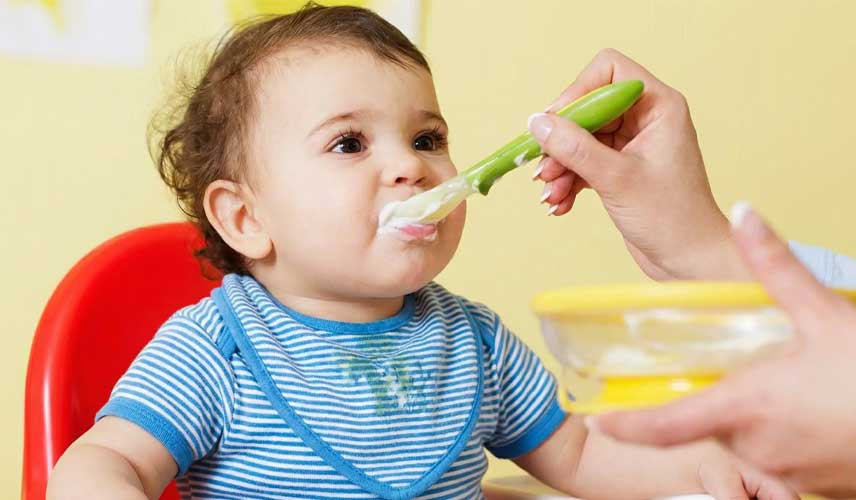
Child Health and Safety
My Baby Refuses to Eat Solid Food
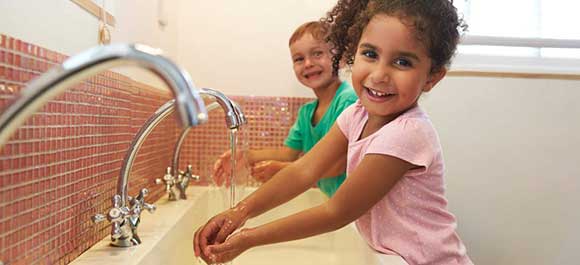
Child Health and Safety
Ways to Protect Children from the Coronavirus

Child Health and Safety
What to Do to Instill Brushing Habits in Children
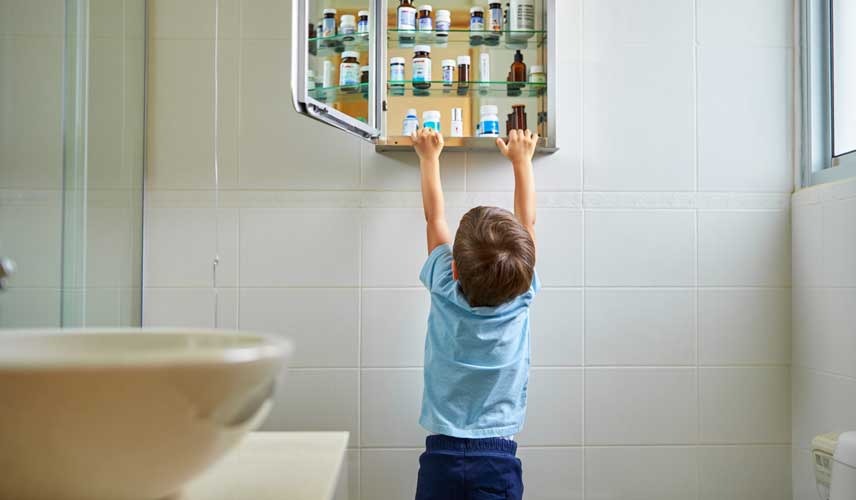
Child Health and Safety
Child Safety: Medications Should Be Stored Out of Reach of Children

Child Health and Safety
10 Effective Tips for Child Health

Child Health and Safety
8 Factors That Cause Babies to Cry

Child Health and Safety
Down Syndrome Diagnosis Methods

Child Health and Safety
When Do Babies Crawl
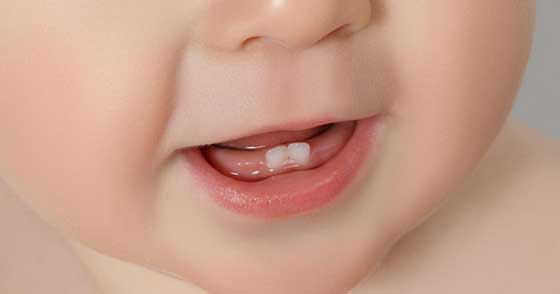
Child Health and Safety
Information About Teething Period in Babies
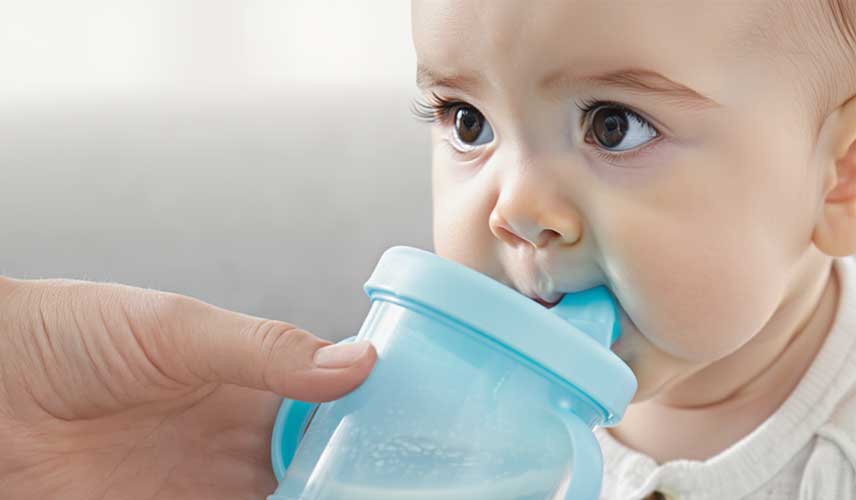
Child Health and Safety
How Much Water Should Babies Drink?

Child Health and Safety
10 Things to Do for a Healthy Pregnancy

Child Health and Safety
10 Ways to Prevent Sugar Consumption in Children

Child Health and Safety
Frequently Asked Questions About Cancer and Chemotherapy
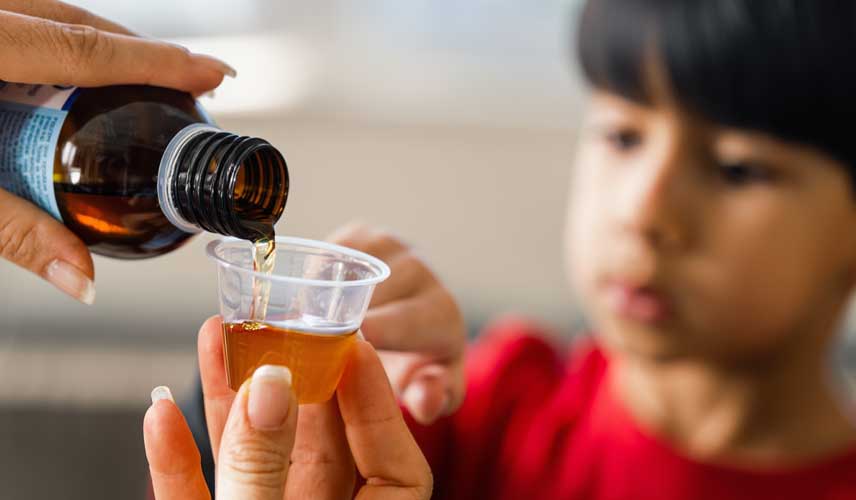
Child Health and Safety
